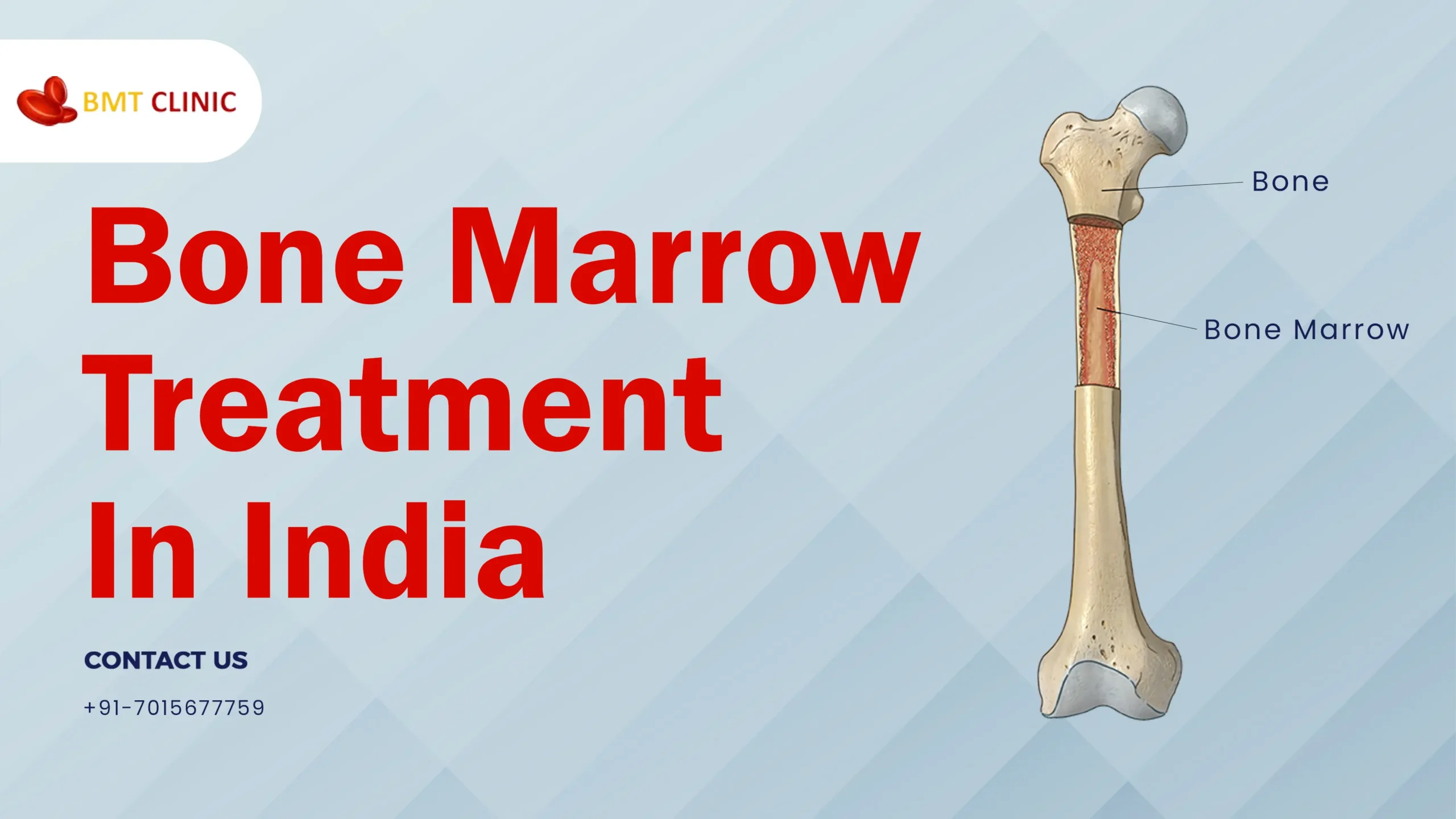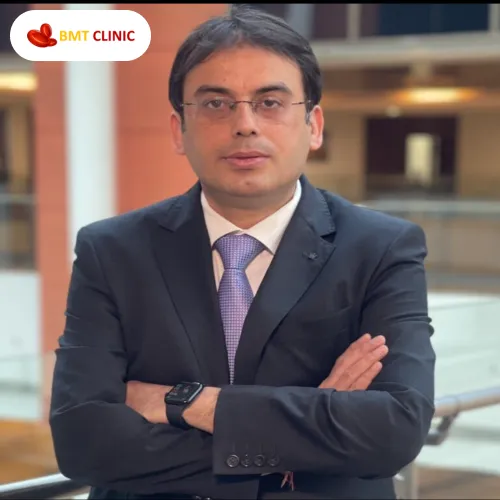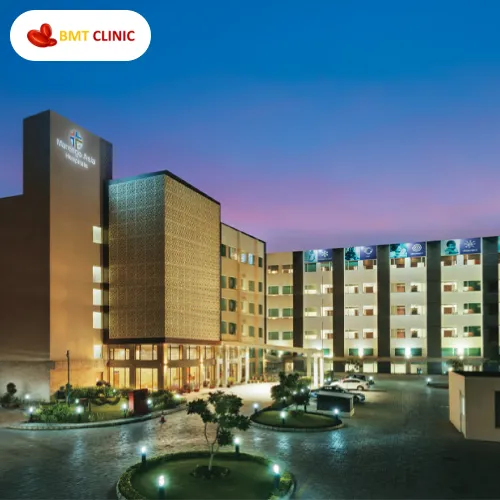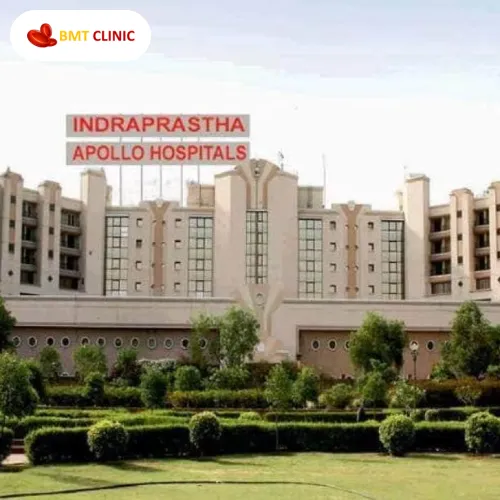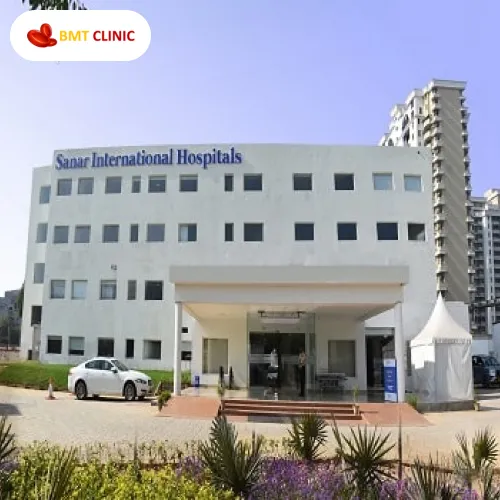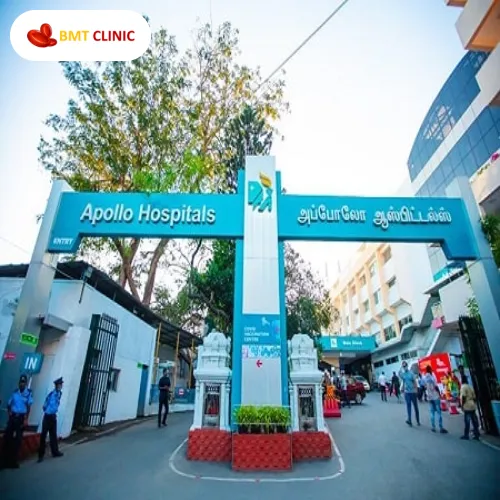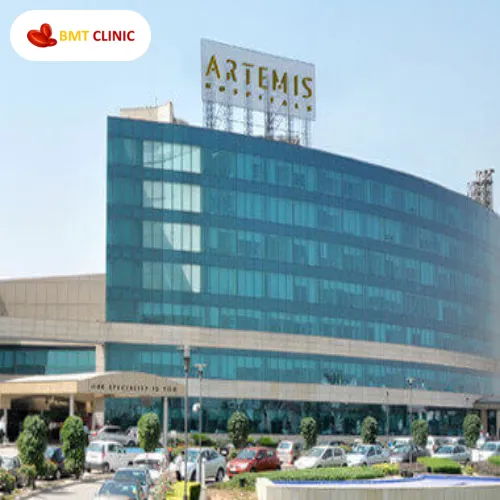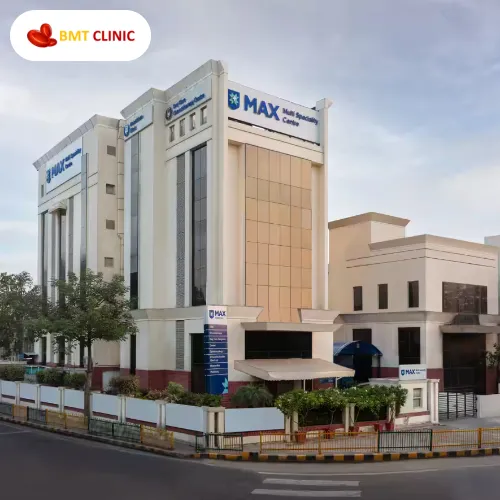Today, bone marrow treatment remains a source of light for many people struggling with different blood diseases and cancers.
Today medical tourism is becoming one of the fastest-growing sectors, and India has established itself as the worldwide leader in providing accurate and affordable bone marrow treatment. In this guide, we will share the details about the expenses you are likely to incur in the course of your Bone Marrow treatment in India.
Bone Marrow Transplant Cost in India
Bone marrow treatment cost in India range from INR 9 Lakh to INR 40 Lakh ($10,500 to $48,000) it can also vary widely depending on the type of procedure or the location of the hospital, but the cost of bone marrow transplant in India is generally much more affordable than in Western countries.
- Autologous Bone Marrow Transplant: Range from $14,000 to $22,000.
- Allogeneic full matched Bone Marrow Transplant: Range from $22,000 to $28,000.
- Allogeneic Haploidentical/half matched Bone Marrow Transplant: Range from $32,000 to $38,000.
Similar treatments in the United States will cost more than the price in India.
Note: Keep in mind that the costs given here are only for the treatment.
Cost Comparison of Bone Marrow Transplant Cost in Different Cities in India
| Cities | Prices |
| Bone Marrow Transplant Cost in Delhi | Range from 30000 USD to 52000 USD |
| Bone Marrow Transplant Cost in Noida | Range from 29000 USD to 51000 USD |
| Bone Marrow Transplant Cost in Gurgaon | Range from 28000 USD to 48000 USD |
| Bone Marrow Transplant Cost in Bangalore | Range from 32000 USD to 55000 USD |
| Bone Marrow Transplant Cost in Mumbai | Range from 42000 USD to 60000 USD |
| Bone Marrow Transplant Cost in Kolkata | Range from 31000 USD to 51000 USD |
| Bone Marrow Transplant Cost in Chennai | Range from 32000 USD to 52000 USD |
| Bone Marrow Transplant Cost in Hyderabad | Range from 31000 USD to 49000 USD |
Factors That Can Affecting Bone Marrow Treatment Cost in India
There are several factors that can influence the cost of bone marrow treatment in India. This includes:
- Type of procedure: The autologous stem cell transplant costs less than allogeneic stem cell transplants because of the use of the patient’s stem cells.
- Hospital reputation and location: Hospitals in big cities might be costlier than those in the smaller cities.
- Doctor’s expertise: A highly experienced specialist may charge more than a less experienced specialist.
- Duration of hospital stay: Hospitalizations for a longer time can affect the cost of the treatment.
- Pre and post-treatment care: This involves prescription, lab tests, drugs, and subsequent review of the patient’s progress.
- Medication costs: Some treatment procedures involve expensive drugs.
Additional Costs to Consider
When planning a budget for bone marrow treatment in India, it is essential to take into account the following supplementary costs.
- Travel and accommodation for international patients.
- Post-treatment follow-ups and medication.
- Potential complications may extend hospital stays.
- Caregiver expenses.
Understanding Bone Marrow Treatment
Bone marrow is the soft and red substance that is found in the center of bones and is responsible for producing blood.
A bone marrow transplantation (BMT) is a procedure that is used for an individual who has been diagnosed with cancer or other blood disorders. In this procedure, the stem cells, typically located in the bone marrow, are extracted, purified, and subsequently reinfused into either the patient or the donor. Following the elimination of abnormal cells from the patient’s diseased bone marrow, the primary goal of bone marrow transplantation (BMT) is to introduce healthy bone marrow cells into the recipient.
Types of Bone Marrow Transplant
- Autologous Bone Marrow Transplant: In this process, the patient serves as the donor. Apheresis or bone marrow harvest is used to extract the healthy stem cells. After that, these cells are frozen and utilized in the operation.
- Allogeneic Bone Marrow Transplant: In this procedure, the donor provides stem cells that are genetically matched to the patient’s marrow. The donor may therefore be a relative. National Bone Marrow Registries can assist in finding a donor who is not related to the recipient.
- Transplants of Umbilical Cord Blood: These stem cells are extracted from an umbilical cord following a baby’s birth. The cells are carefully frozen after being counted, tested, and typed. Throughout the bone marrow transplant, the cells are helpful. Compared to stem cells from children or adults, these cells are healthier.
Who May Need A Bone Marrow Transplant?
A bone marrow transplant may be advised for those individuals with illnesses or disorders that affect the formation of red blood cells or impair immunological function. The following are some typical indications for this procedure:
- Leukaemia: As part of the treatment strategy, patients with certain types of leukemia, such as acute lymphoblastic leukemia (ALL) and acute myeloid leukemia (AML), may need a bone marrow transplant.
- Aplastic Anaemia: A bone marrow transplant may be an option for treatment if the bone marrow is unable to produce enough red blood cells, white blood cells, and platelets.
- Lymphoma: A bone marrow transplant may be necessary for aggressive forms of lymphoma, such as non-Hodgkin’s lymphoma or Hodgkin’s lymphoma.
- Inherited Hereditary Disorders: Bone marrow transplantation is beneficial for inherited hereditary conditions including sickle cell anemia, thalassemia, and severe combined immunodeficiency (SCID).
- Other Blood Cancers and Abnormalities: A bone marrow transplant may also be necessary for several illnesses, such as certain immune system abnormalities, multiple myeloma, and myelodysplastic syndromes (MDS).
Why a Bone Marrow Transplant is Required For Patients Suffering From Blood Disorders?
Bone marrow transplant is required for patients who are suffering from any kind of blood disorder as there are three basic purposes for which bone marrow or cell transplants are used.
- To eradicate a cancer cell, massive amounts of radiation or chemotherapy are administered and due to the intense radiation throughout this process, healthy blood cells are harmed. Therefore, bone marrow transplantation is done to replace the destroyed cells with fresh and newer blood cells following cancer therapy.
- Aside from the cancer cells, some healthy blood cells are also harmed during chemotherapeutic procedures. Cell transplant physicians replace these damaged cells with newly formed ones.
- Provide new cells, which have the direct ability to kill cancer cells.
Preparing for Bone Marrow Treatment in India
If you’re considering bone marrow treatment in India here are some things you may need to be aware of:
- Collect all necessary documentation of prior consultations and diagnostic tests.
- Select a good hospital and a good doctor to operate on you. (You can contact us at BMTClinic.com if your’e looking for bone marrow transplant in India.)
- Verify visa regulations (medical visas for international patients).
- Ensure that you make arrangements for a caregiver to be with you all the time that you are in the hospital.
- It is advisable to plan for an extended trip because the treatment and recovery period may range from weeks to months.
Top Hospitals For Bone Marrow Transplant in India
Individuals from various parts of the world travel to India to receive bone marrow transplant procedures, as the nation is home to numerous prestigious hospitals recognized for their proficiency in bone marrow therapies. Here is a list of the top hospitals in India that provide the best bone marrow transplant in India:
- Fortis Hospital
- Max Hospital
- Apollo Hospital
- Medanta Hospital
- Artemis Hospital
Why Choose BMT Clinic
BMT Clinic is an esteemed organization for patients seeking physicians, medical facilities, and specialized care. We’ll identify the best medical options for you. Our staff will provide you with a list of licensed, respectable, and trustworthy physicians and hospitals based on your medical issues. We also provide a treatment plan that is affordable for you. In addition, we help patients with a variety of other matters, such as obtaining medical visas and travel authorization.
Youtube Video:- BONE MARROW/ STEM CELL TRANSPLANT PROCEDURE in INDIA

